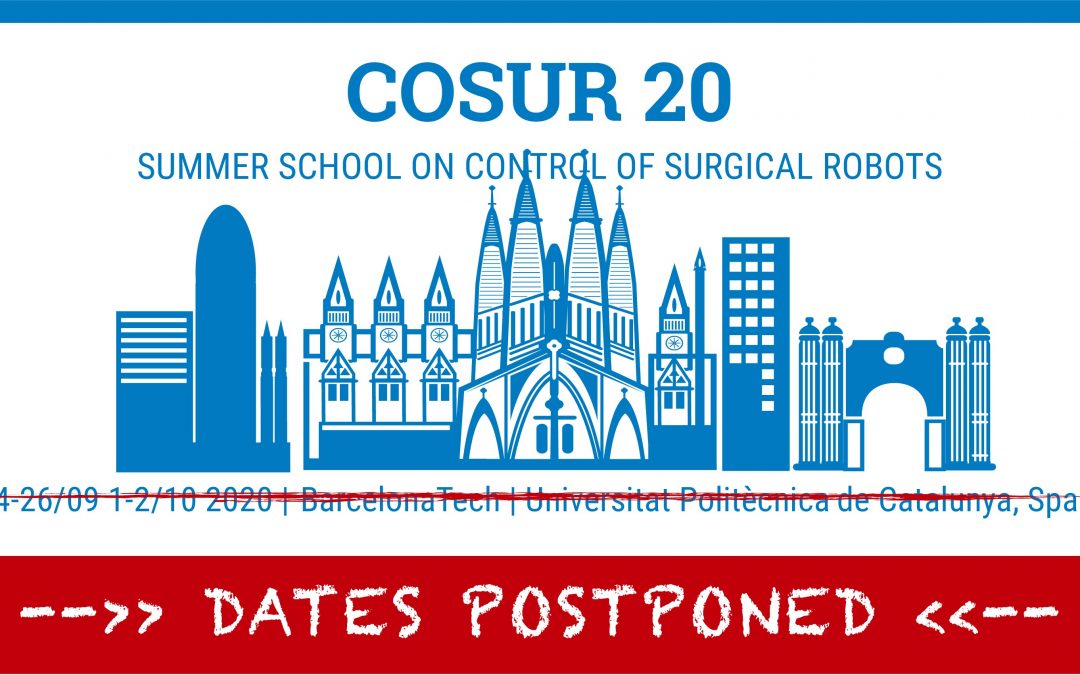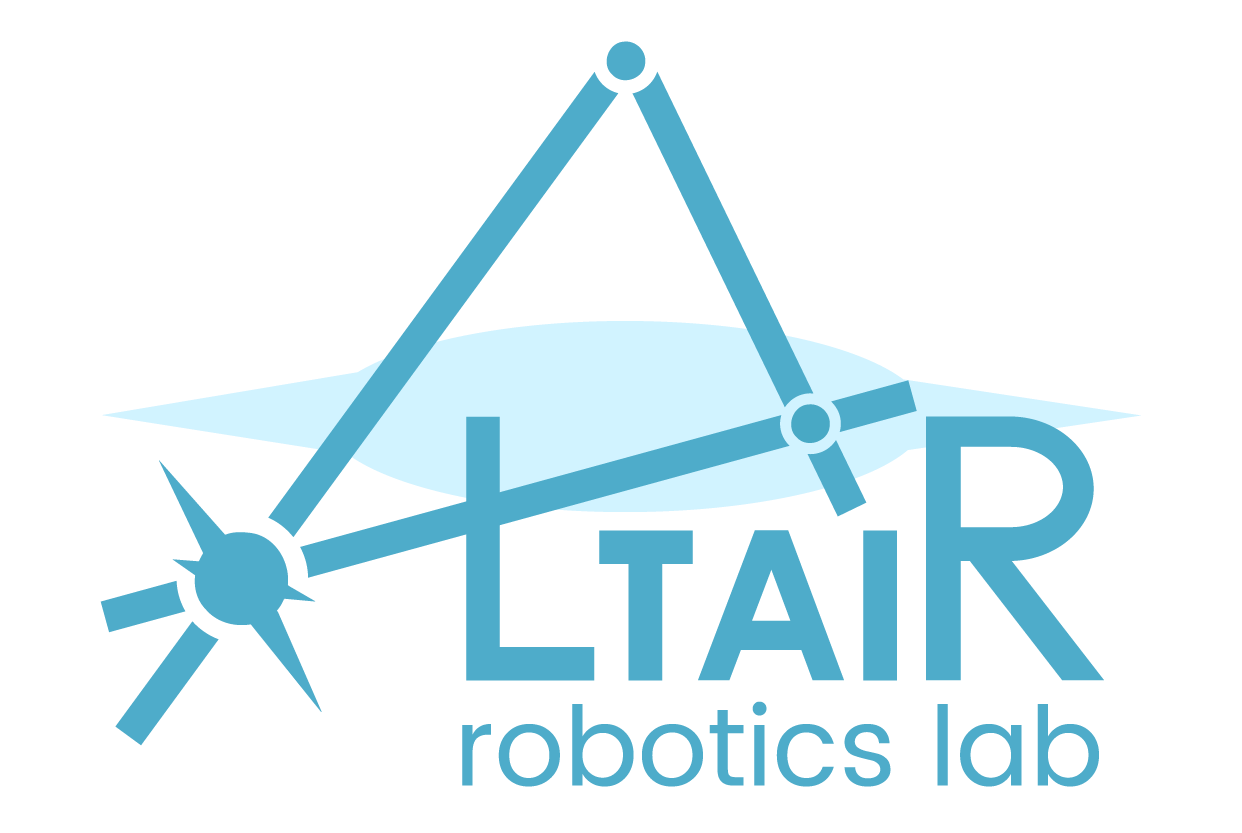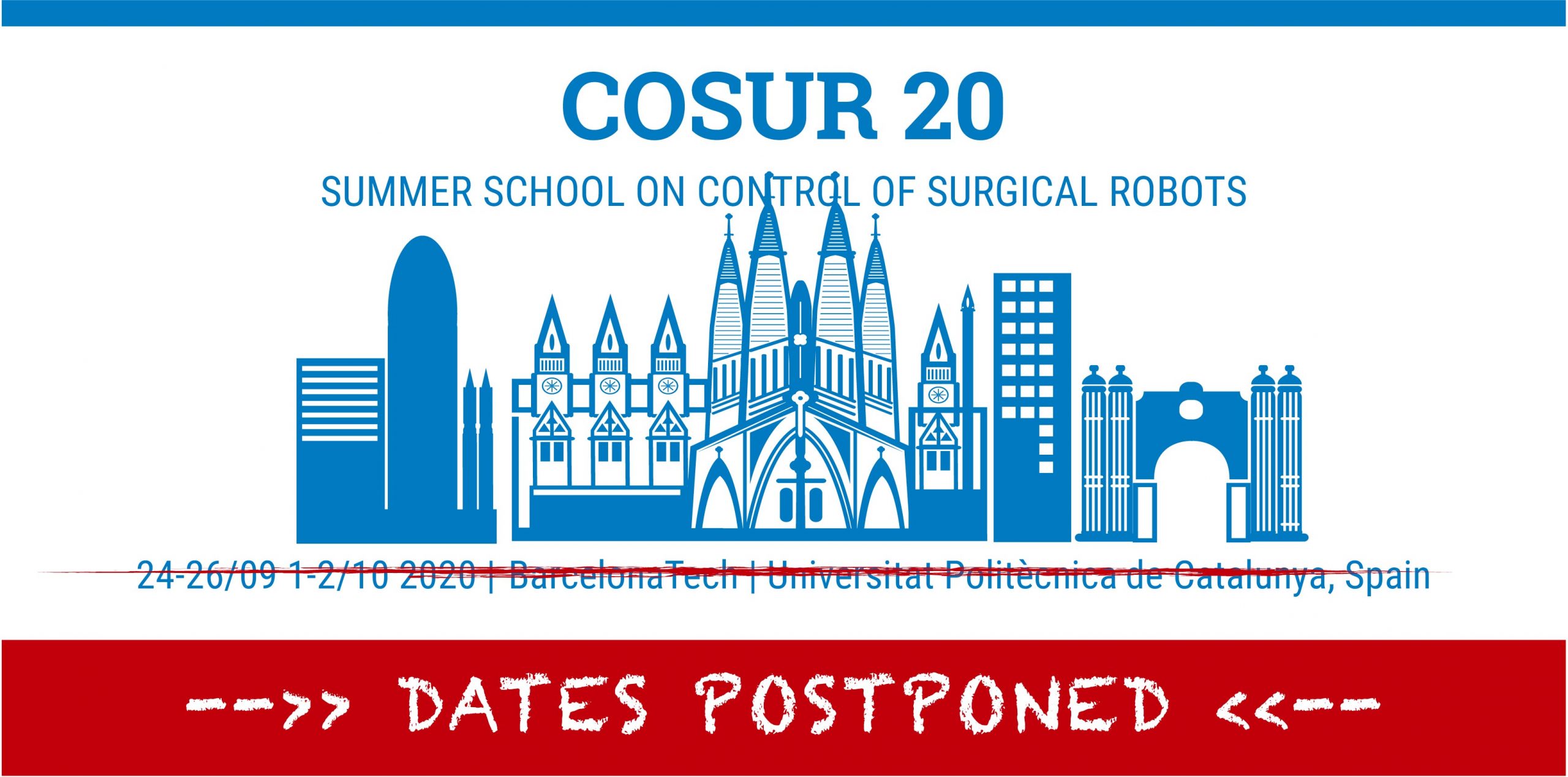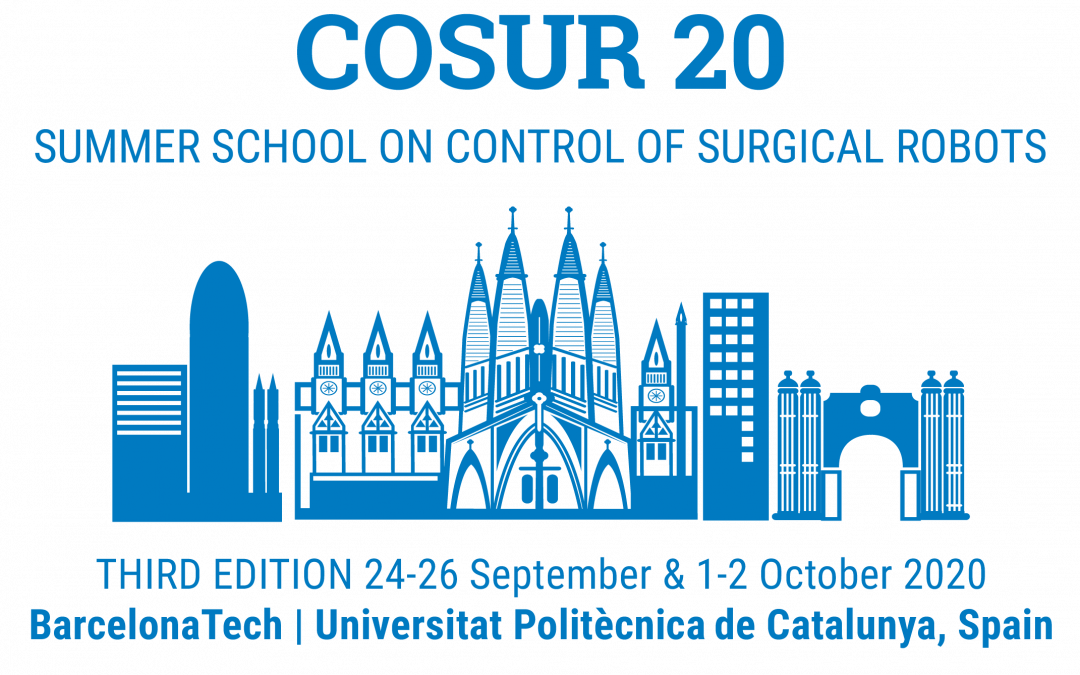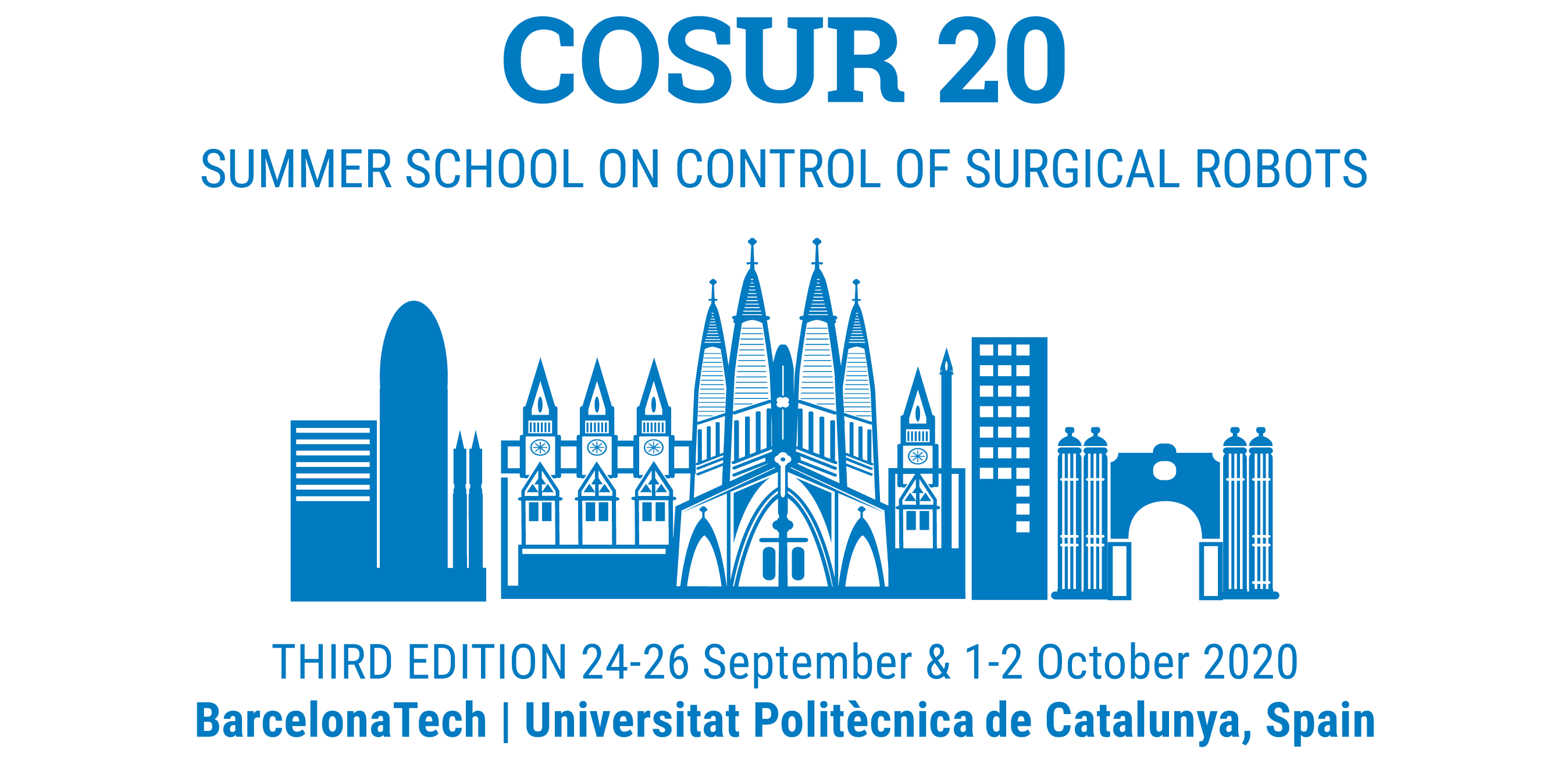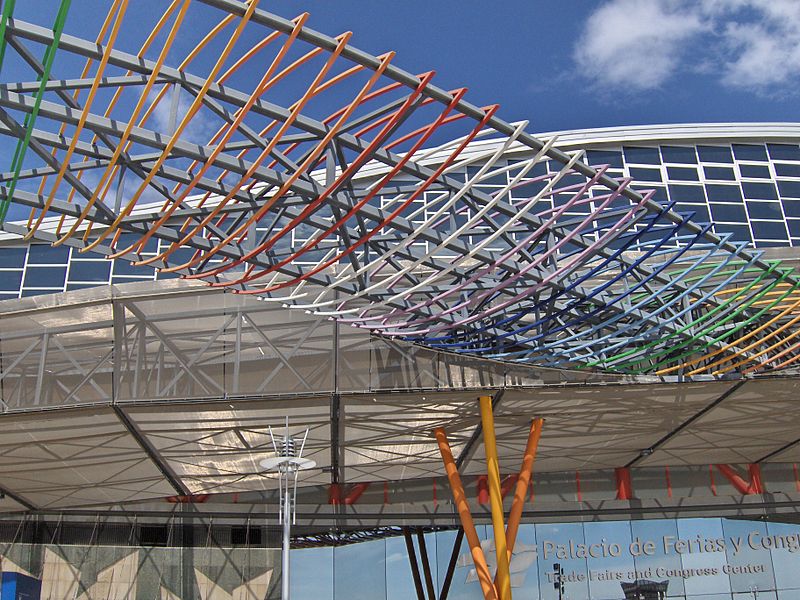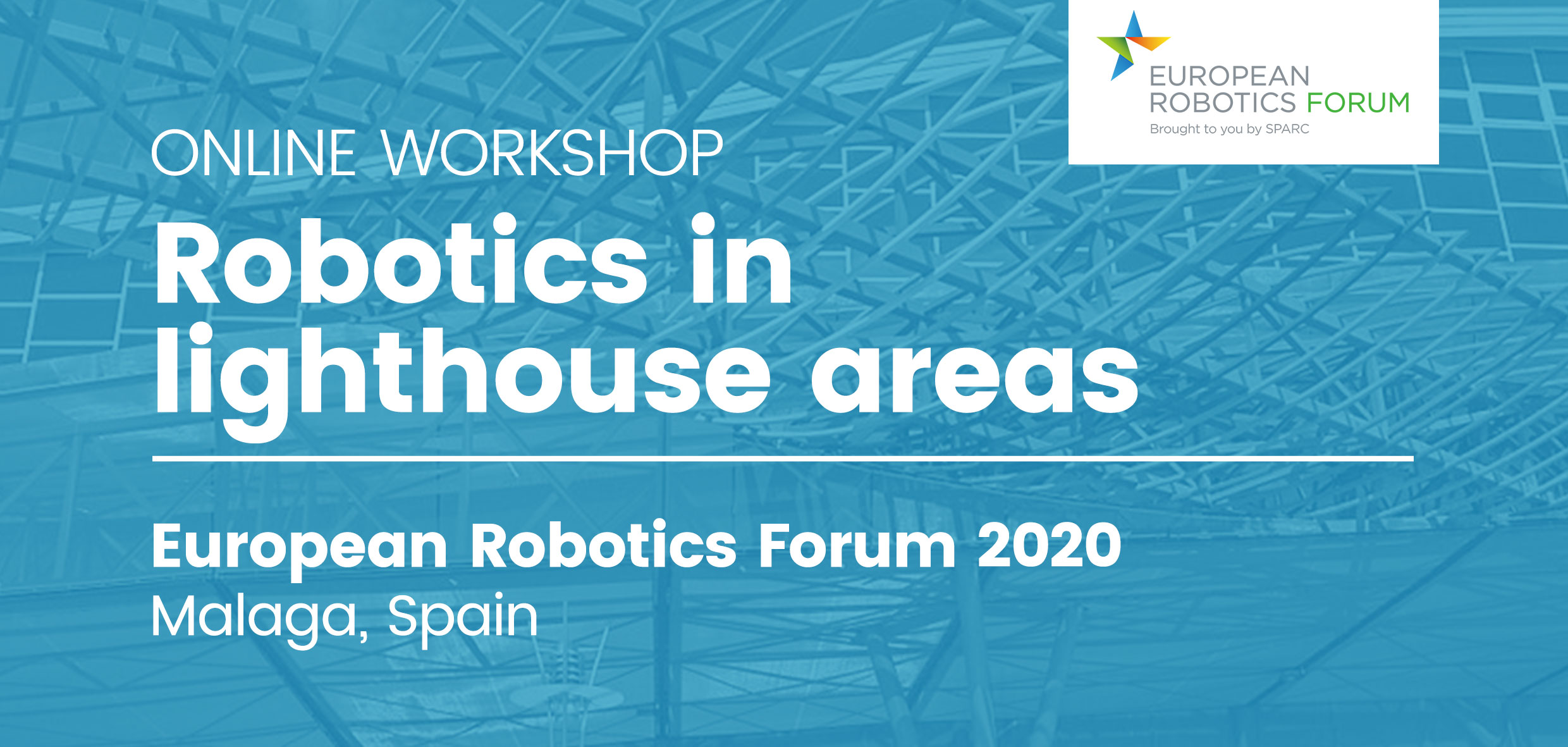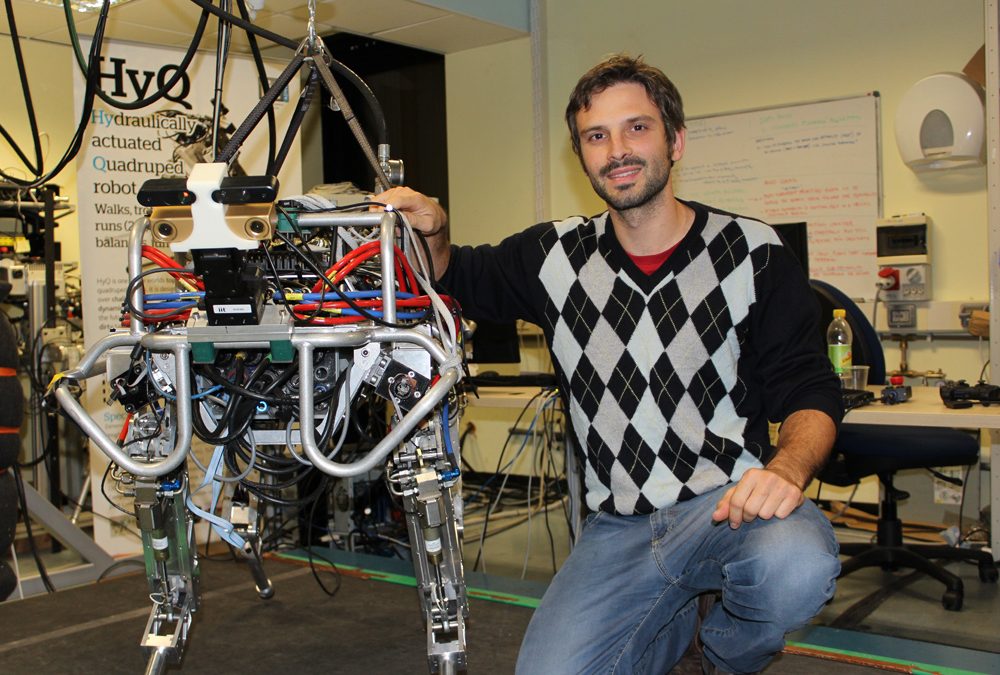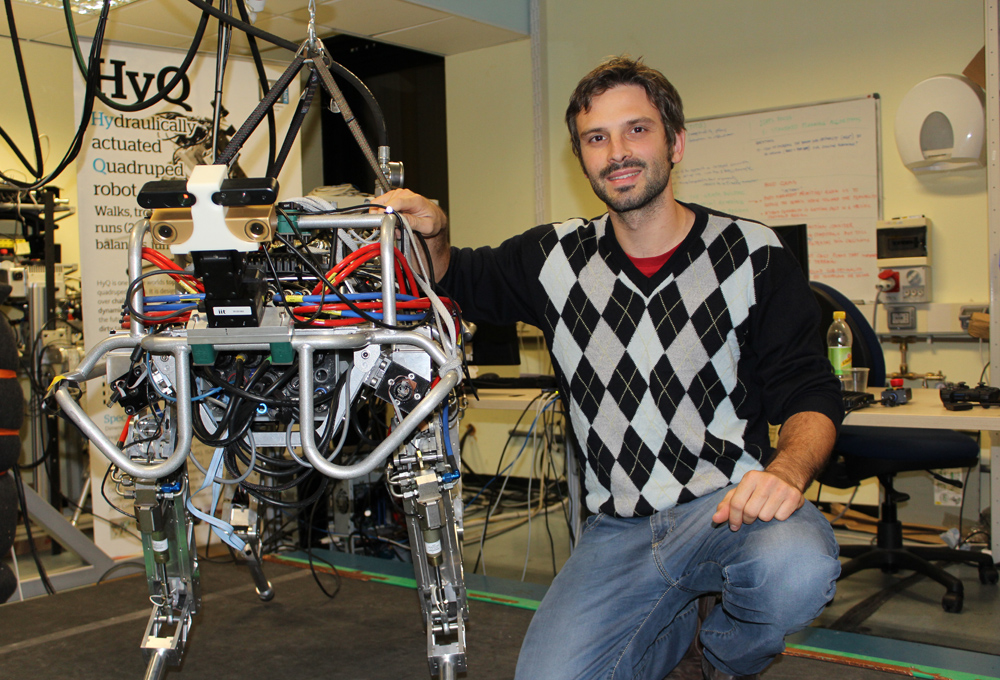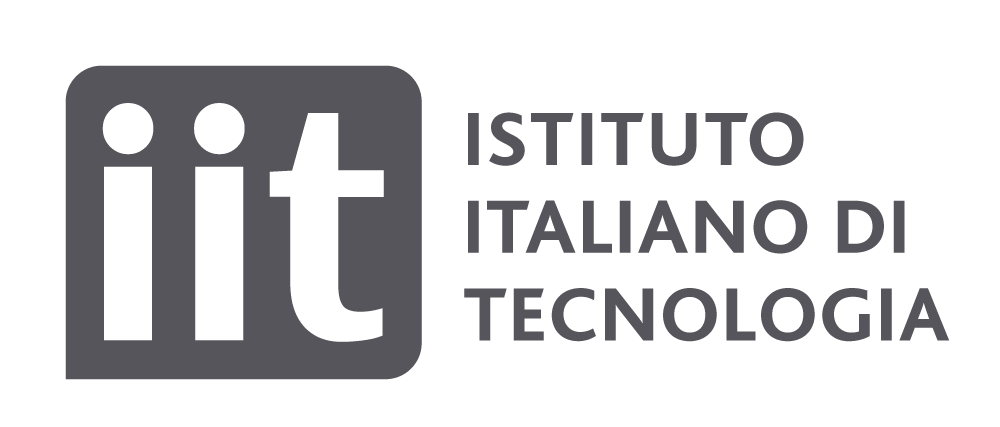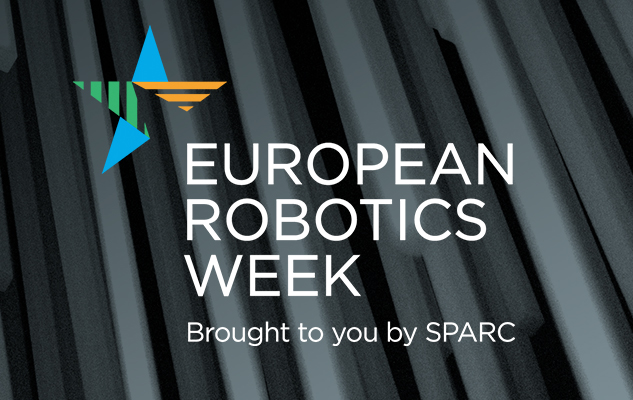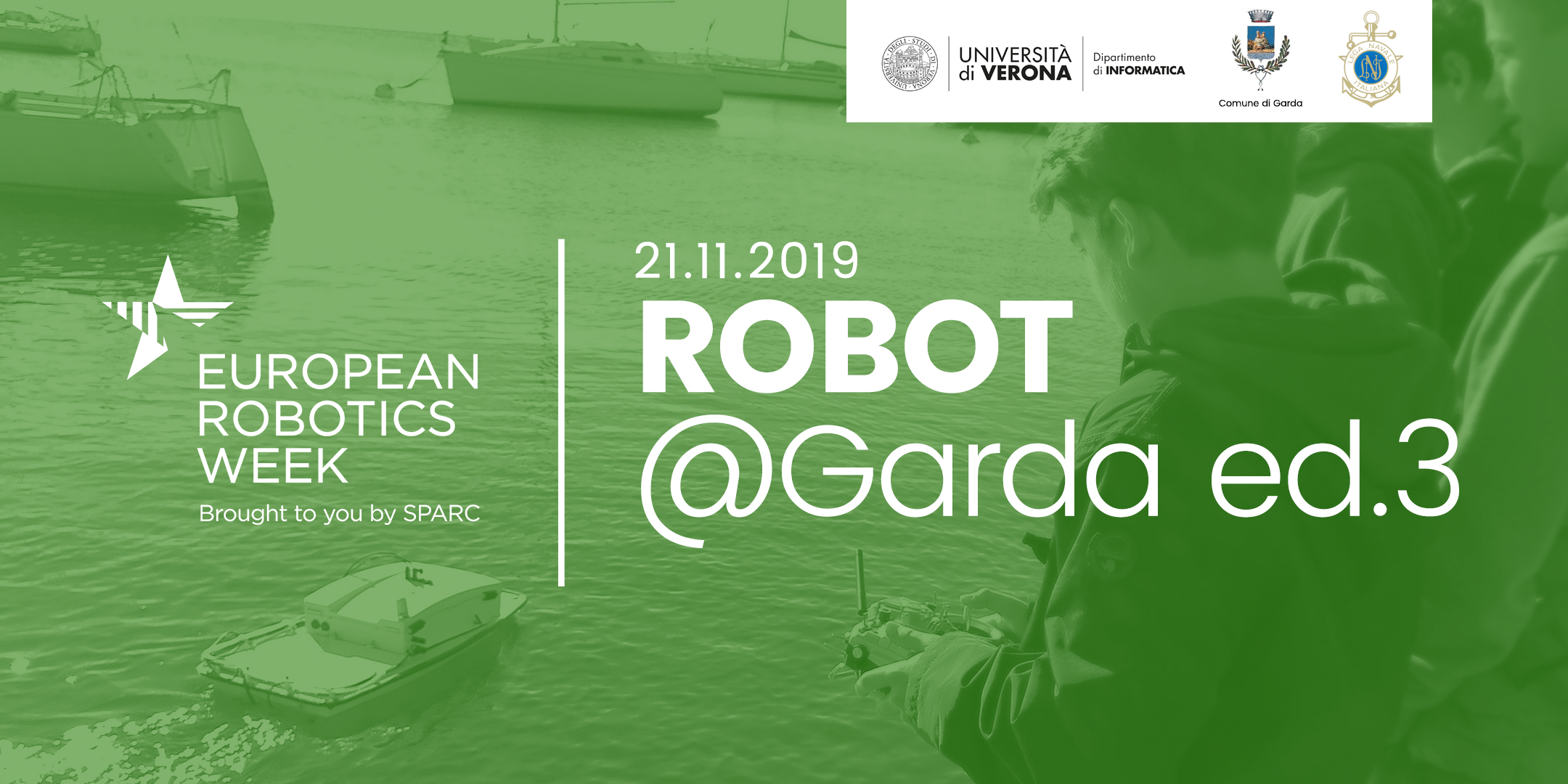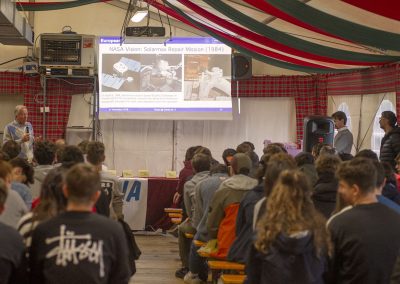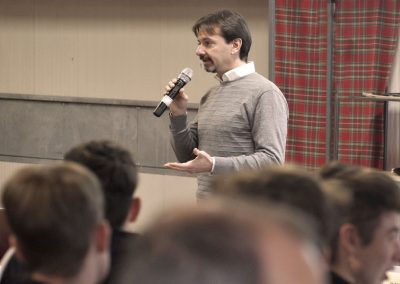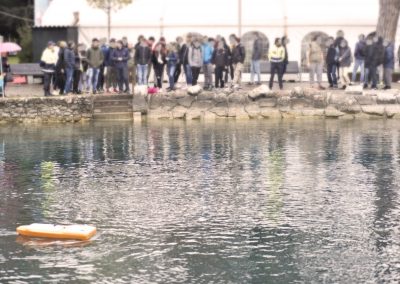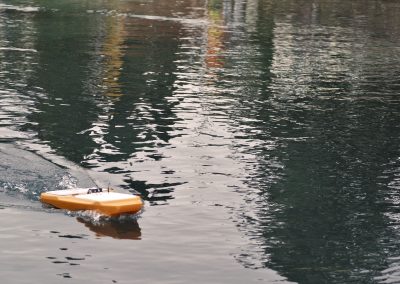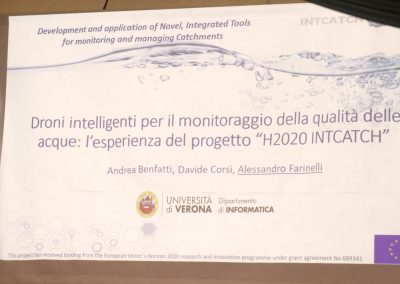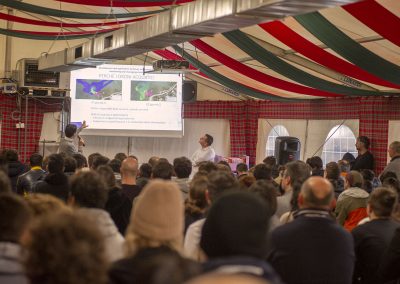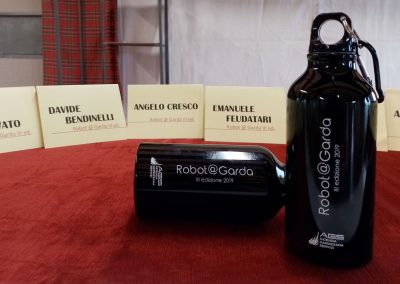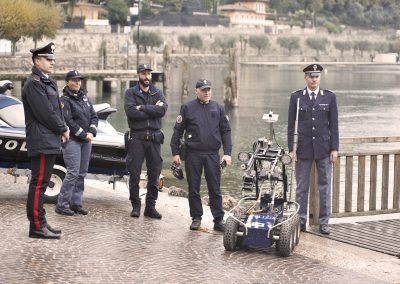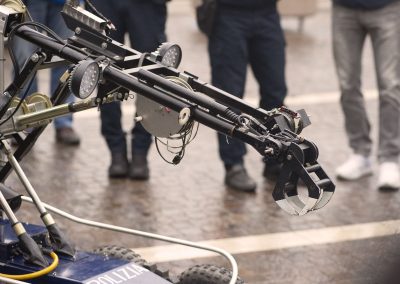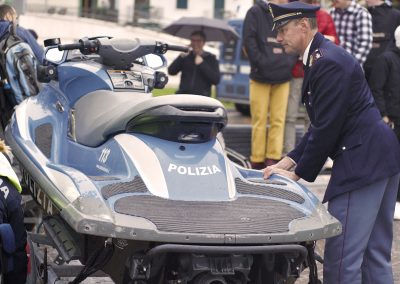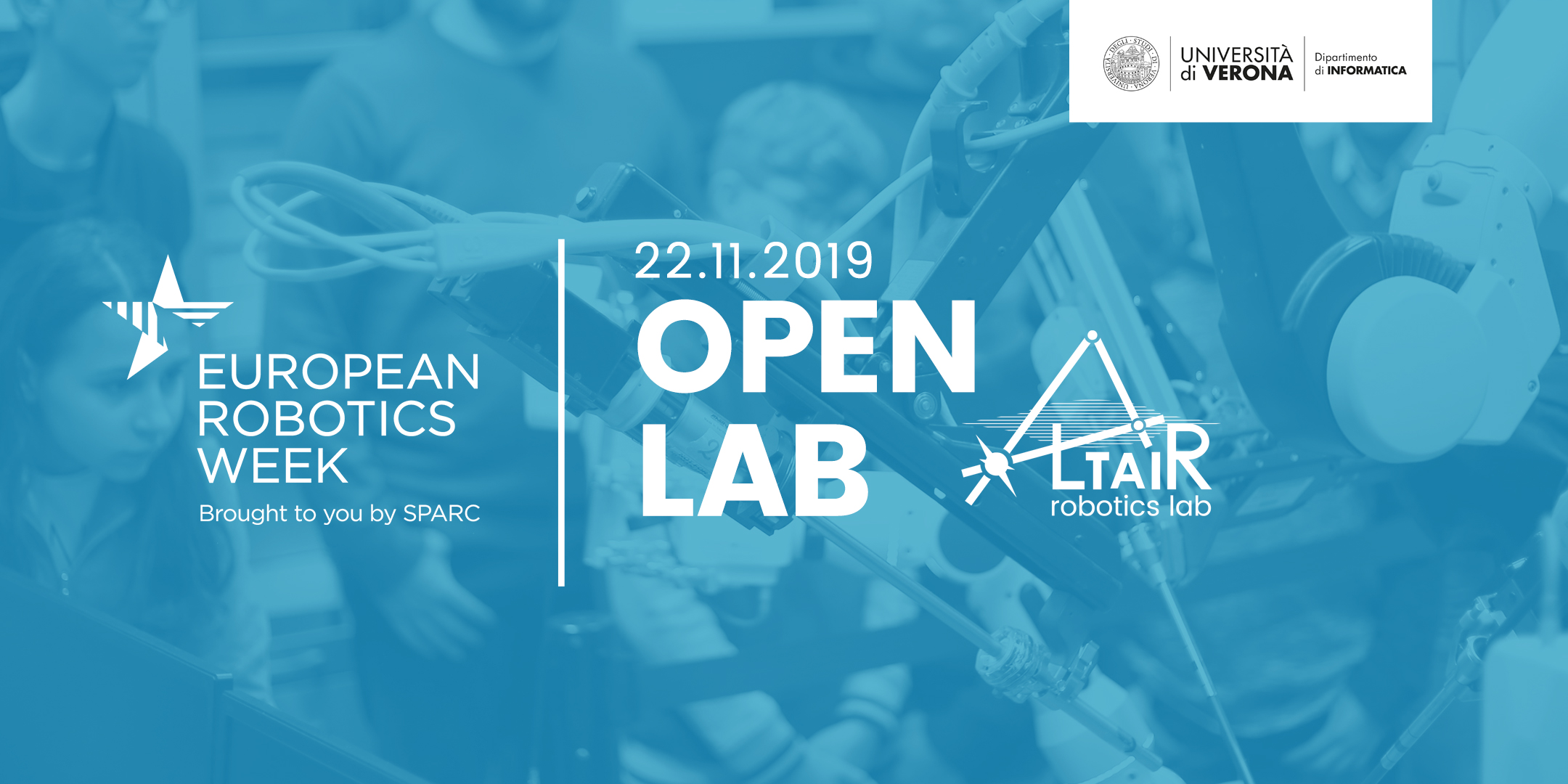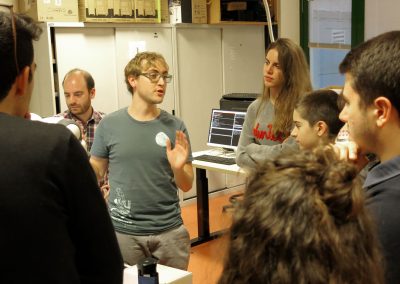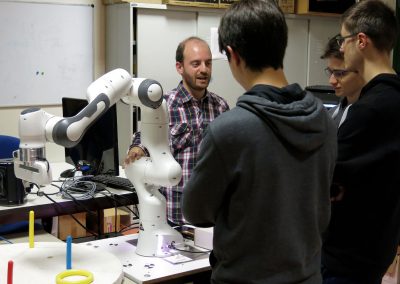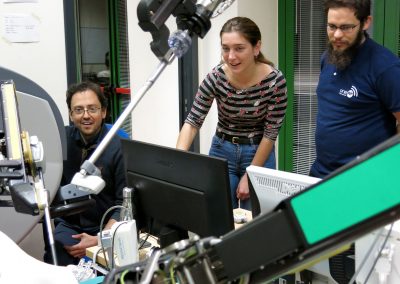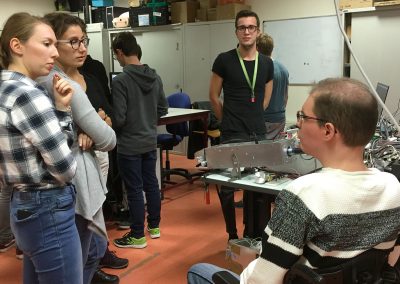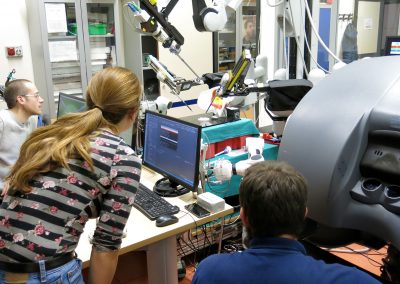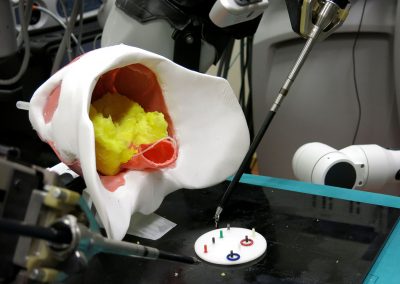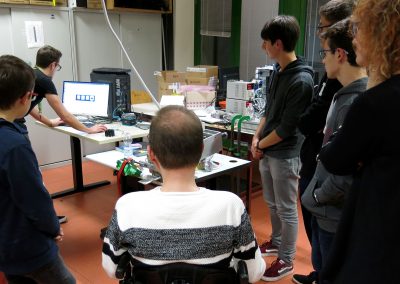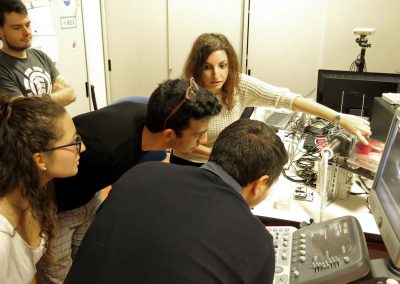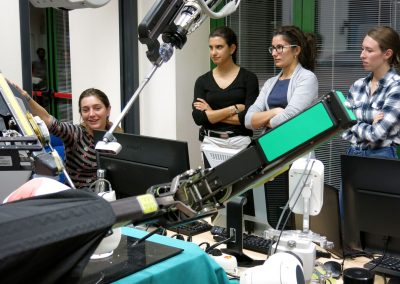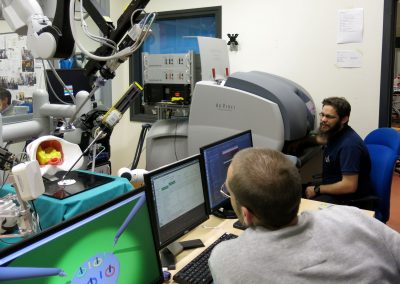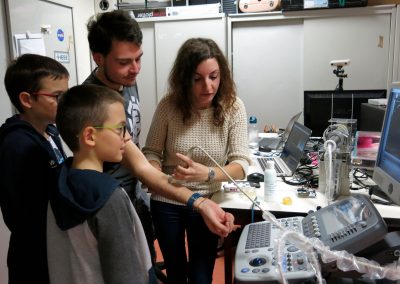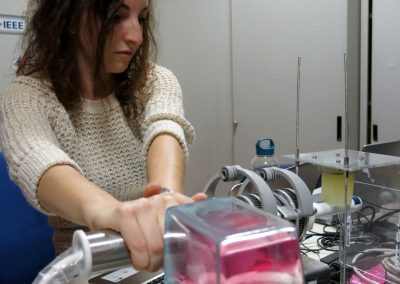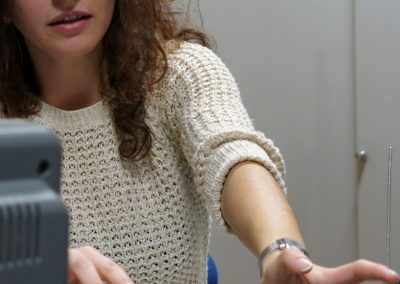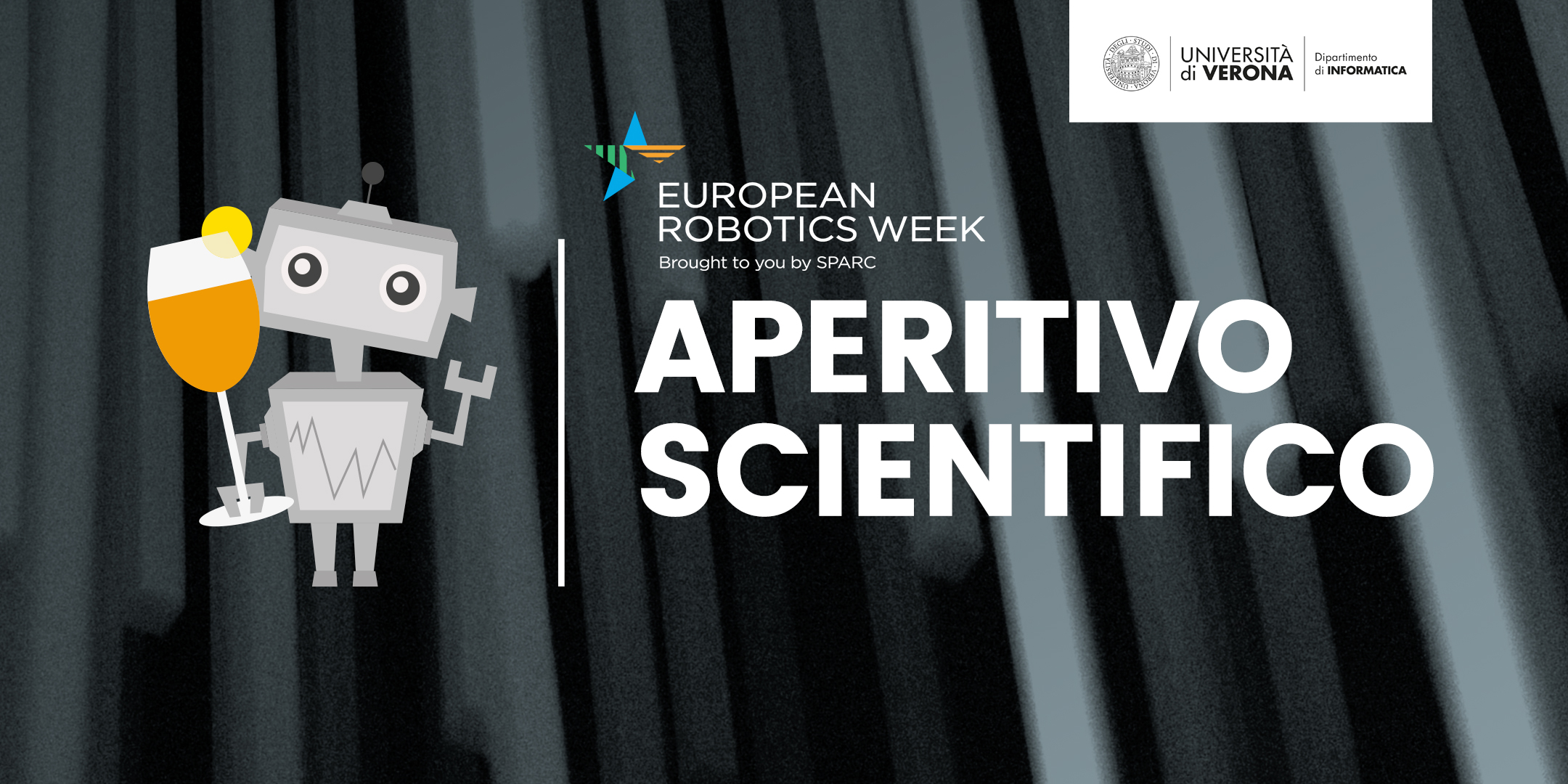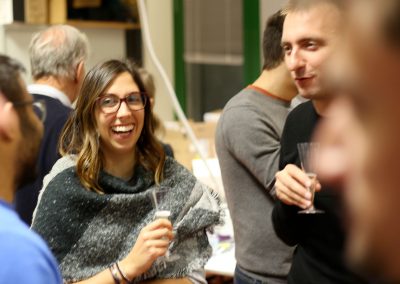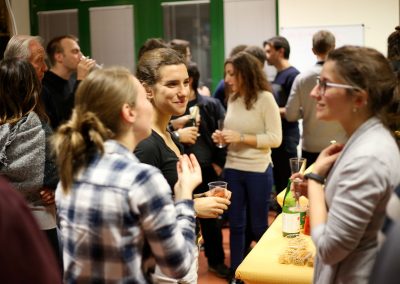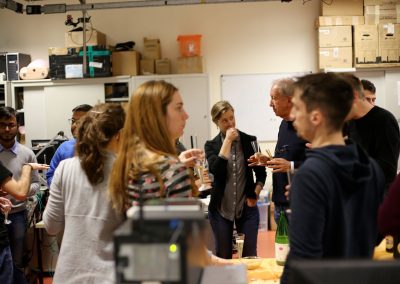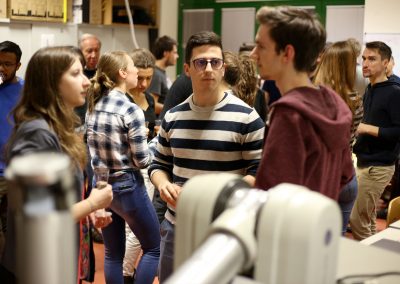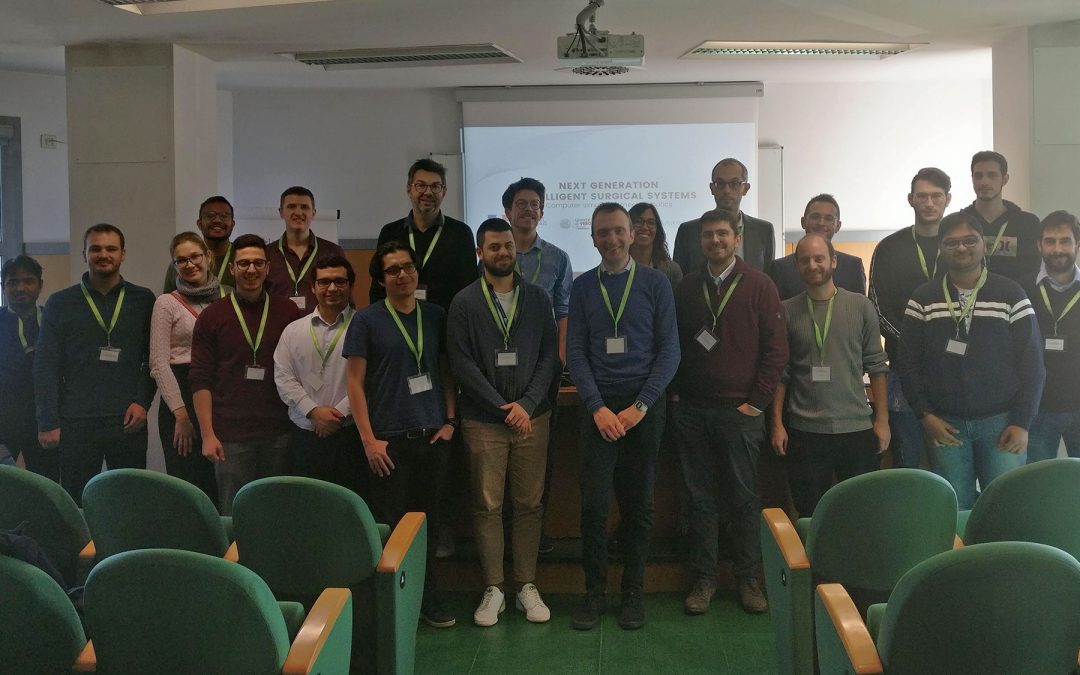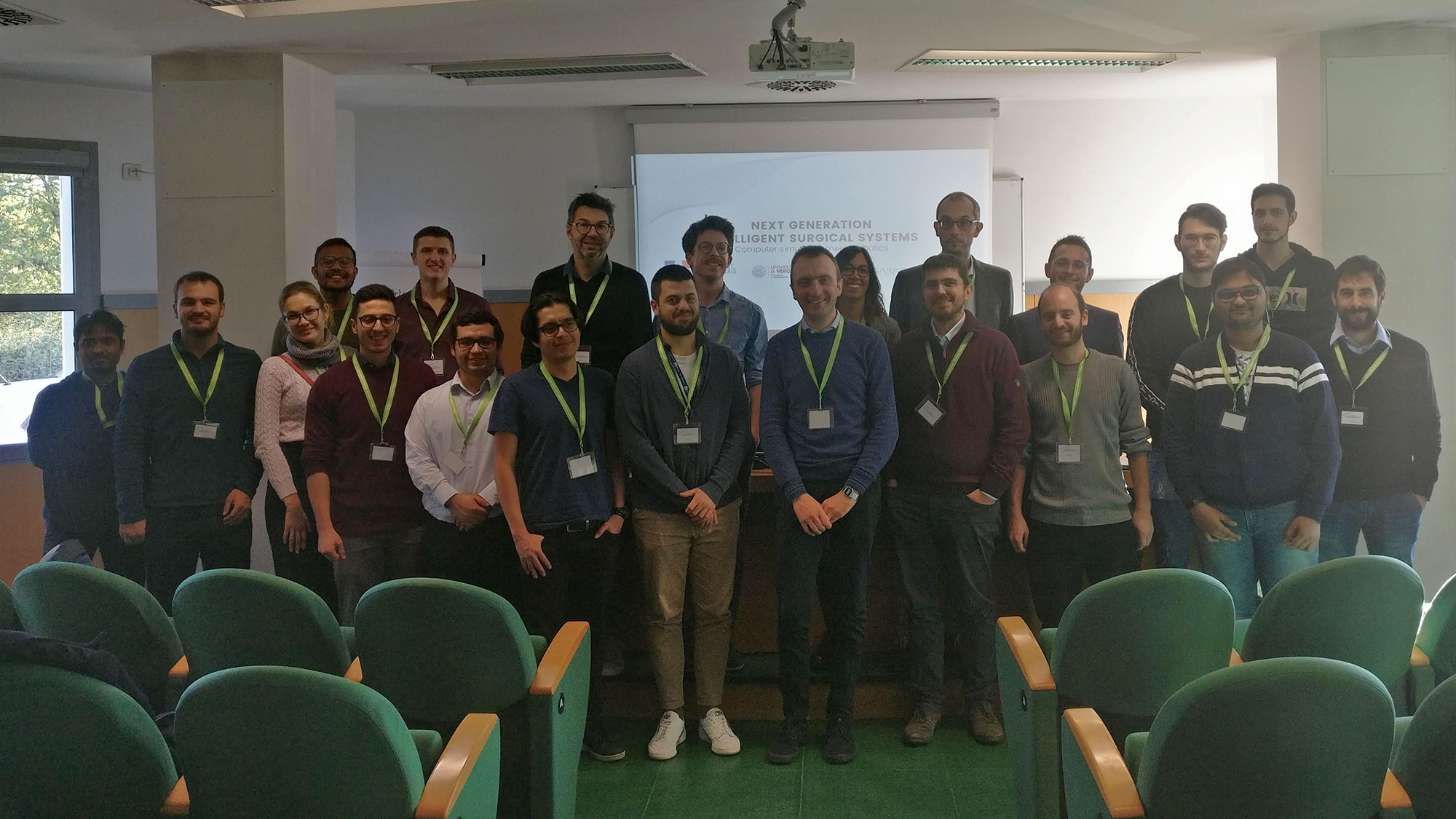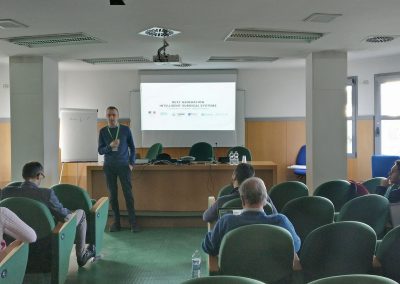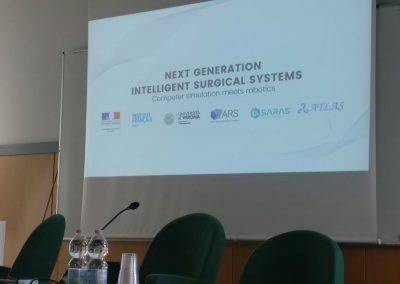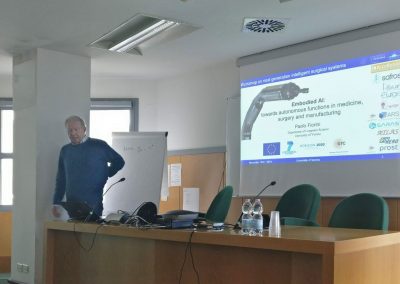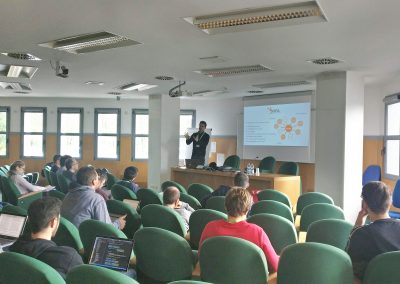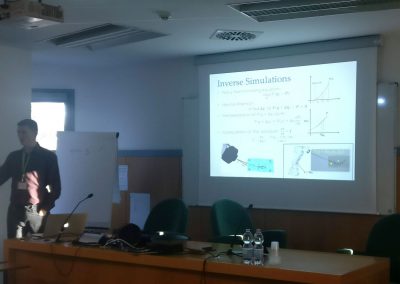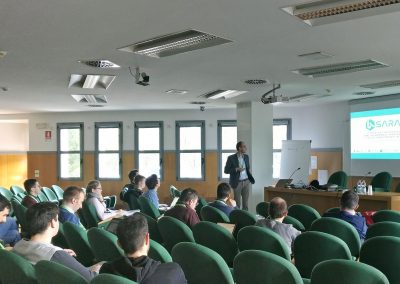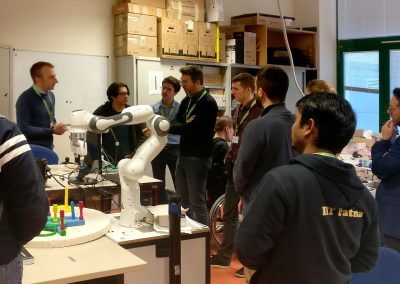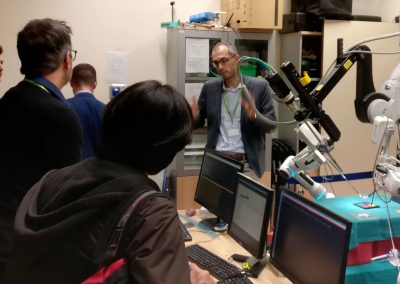ALTAIR Robotics lab organizes a workshop on next generation intelligent surgical Systems: Computer Simulation and Robotics.
Free Entry with registration by Friday 8th November, 12 PM
Italian and French research meet in Verona in a workshop about the next generation intelligent surgical systems.
On Wednesday 13rd November ALTAIR Robotics Laboratory based in the CS Department of University of Verona organizes a workshop on the role of biomechanical simulation in robotics for the development of next-generation surgical systems, entitled “Next generation intelligent surgical systems: computer simulation meets robotics“.
The workshop is aimed at PhD students, post-docs and researchers with interest in the fields of biomechanical simulation and robotics and will open with a talk by Prof. Paolo Fiorini, Director of the ALTAIR Laboratory.
Special guest is Prof. Stéphane Cotin, Director of the MIMESIS group, part of the prestigious INRIA – French research institute for digital sciences, and one of the creators of the SOFA project, an open-source framework for advanced simulation in the medical field.
Introduction
Nowadays the use of simulation in the surgical field is increasing and is becoming important both for the training of surgeons and for the planning of an intervention. Through the simulation it is possible to represent and reproduce complex anatomical responses to various stimuli for a specific patient, thus making it possible, for example, to predict the effects of some therapies and prevent potentially critical situations.
In robotic surgery, the realistic simulation of the behavior of the various organs, which represent the working environment of the robot, is of great importance for the development and validation of autonomous systems.
The ALTAIR Robotics Laboratory has a strong experience in the field of simulation applied to robotics, which has also led over time to the creation of spin-offs and the marketing of simulators for surgical training.
An Italo-French union
The workshop is funded within the Cassini Program which aims to create a scientific network between French universities and research centers; it also benefits from the support of the French Embassy in Italy and the Institut Français.
The organization was made possible thanks to the contribution of the Department of Computer Science of the University of Verona and the European research projects ARS project and SARAS project, currently in charge of the ALTAIR Laboratory.
Speakers, info and registration at the link below.
